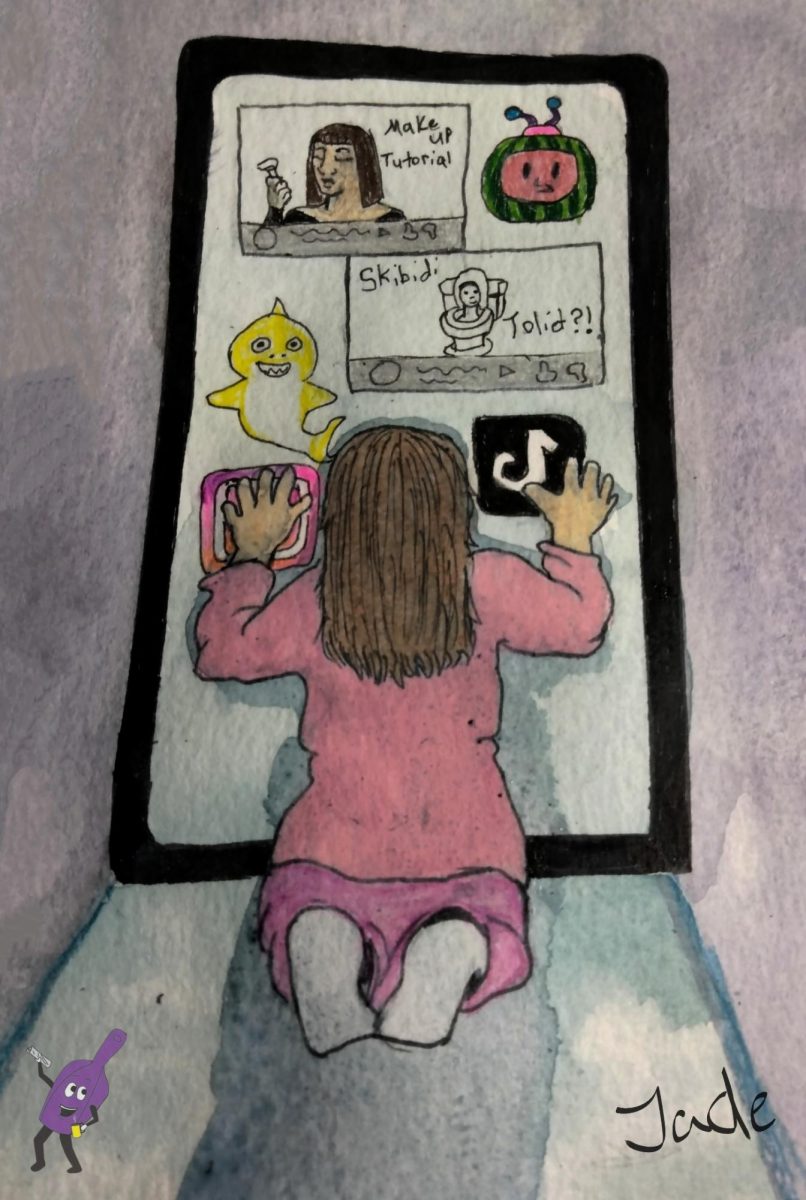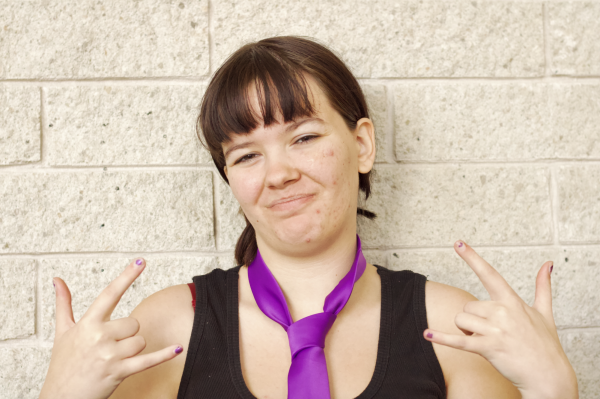Soft parenting is (stereotypically) millennials’ way of breaking the poor cycle of how they were raised, but this is going south very fast.
The broad definition of soft parenting is to “become aware of the behavior you model for your child, encourages compassion, welcomes emotions and accepts the child as a whole, capable being. The approach doesn’t follow a strict set of rules”.
Essentially making sure your child understands it’s okay to feel emotions and no harsh punishments.
The youngest generation, Gen Alpha, are born from 2010 to 2024. This will be the first full generation raised by soft parenting. This doesn’t mean parents haven’t used this parenting style in the past, but it’s a lot more common now.
There isn’t necessarily a step by step book on how to parent, but there are obvious do’s and don’ts. And never showing your child that there are consequences to their actions is a don’t.
In this economy it can be really hard to be at home and support your child 100%, but giving them much more screen time than they need is not the solution.
That much screen time has a negative impact on development.
NCBI explains how too much screen time can “impair emotional comprehension, promote aggressive behavior, and hinder social and emotional competence”. This can be really harmful to kids’ brains while their prefrontal cortex isn’t fully developed, let alone any part of their brain.
Gen Z was the first generation to really grow up with technology, so our parents weren’t super big on it because they were adults seeing it all happen. Generally, we weren’t handed a personal phone until late middle school or even high school. That has drastically changed to having a personal phone and a tablet at only 7 years old.
Sure these aren’t our kids and a lot of us speaking on this are not parents; but some of those parents simply drop off their kids at daycares, school, or just any public space where they don’t have to watch them directly.
Toddlers and young kids will scream their heads off until they get some sort of tablet in front of their face and won’t listen unless they get what they want.
As these kids are getting to middle school years, their behavior towards teachers makes you really question what kind of parents they have.
Several teachers on social media platforms have opened up about how far behind academically their students are and how they have to repeat directions more times than they should be.
One teacher explained how his seventh grade students were at a fourth grade reading level. That would be taking them back three years when COVID happened.
There are some proven statistics that show grade averages for middle schoolers have dropped since 2019.
From the 2022-2023 school year, fall test scores showed that reading comprehension had declined 4 points, while math declined by 9 points on average. Other research shows that since the pandemic, misbehavior in the classroom has increased from the lack of social and emotional development opportunities.
The pandemic is probably a huge cause of a lot of this, but it doesn’t make it dismissible.
These kids’ attention span is getting lower and lower by being raised on platforms like TikTok and shows like Cocomelon.
Everyone’s generation hates the one after them, but this generation is growing up with a very different environment and opportunities.
A very prominent issue that has come up recently are the nine to twelve year old girls in Sephora and Ulta Beauty’s.
Of course trends change and they’re going to be interested in different things, but many people are concerned about kids making themselves older than they are.
Young girls and preteens are going into these makeup stores being very demanding and rude to the employees. A lot of the girls are walking in with parents’ money to buy strictly just brand names, despite the products not being necessary for their faces.
Usually when the girls come in they go find the Drunk Elephant section and if they don’t see their shade or what they want is sold out, they treat the employees very poorly as if it’s their fault.
This kind of disrespectful behavior also happens in every generation, but in its own ways. So what’s the difference?
I believe it’s the way they treat the kids around them and the adults they interact with.
The influencers some of these kids are watching cause them to act the way they do. Some of these behaviors are learned in the home by the parents, but some kids just misbehave because they learned they can.
For a lot of the young girls, the creators that they watch are all about consumerism. These people they are looking up to just care about the brand deals and keeping up with the latest trends.
Other channels that are harmful are family vloggers. The exploitation of kids on some of these channels hurts those kids and the ones watching.
When you’re younger it’s harder to decipher what’s okay and not okay to do in real life after seeing something on a screen.
Family vlogs or kids running their own YouTube or TikTok account are very popular. Those kinds of channels have always existed, but it’s what the content consists of that changes.
It’s not that screen time isn’t okay, but it should be in moderation and what they’re watching should be safe for their viewing and development.
This generation, along with Gen Z, have many different openings for their future as opposed to previous years. With social media and societal changes, these generations have so much opportunity for entrepreneurship and activism.
There’s not a standard for a 9-5 job or (as much) sexism / racism to drive you towards a specific career anymore. Lots of change is possible, but will generation alpha be able to achieve it at this rate?





